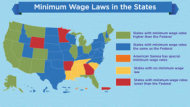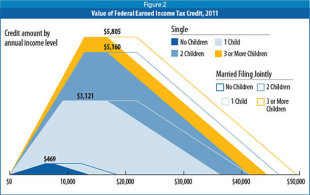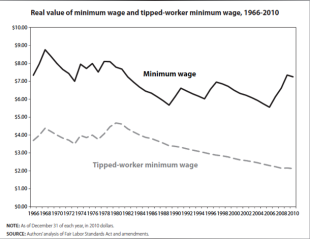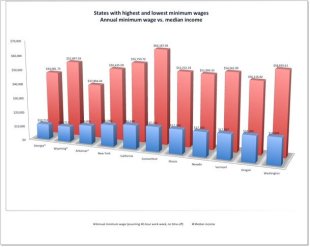parents with their green card and benefits
Customer Question
my parents recieved their green card two years ago... but they had to go back home to be treated because they have health problems. and it is expensive here. they want to stay here with us but the cost of living and health benefits are high.. what do they qualify for.... ? can they get social security even though they are not citizens yet ? how about health benefits and housing ? they are sniors over 65 ...please let me k
Country
relating to Question: United States
State or province
relating to Question: Texas
Category: I don’t know the category
What have you tried so far?: Nothing
Submitted: 465 days and 11 hours ago.
Category: Immigration Law
Value: $58
Status: CLOSED
Thank you for allowing me to assist you. If there is a delay in my reply, I am helping others but WILL reply to you asap. Thanks for your patience....how long have they been gone??
Customer replied 465 days and 11 hours ago.
i dont know if my reply went through but i will try again.
my parents have been gone for almost 2 years...2yrs in june . they will return before the expiration date .... because i filed an Immigration form for both to be excused tobe gone outside the u.s. for 2 yrs...the recieved the permission and left... it was because of their health.. to be able to recieve health care back home.
Ok, I just got the reply the second time. They cannot get social security, that is only for people who worked in the u.s. and paid into the social security system, so unless they worked here for years and had taxes taken out and made those contributions, they are not eligible. Also, until they become u.s. citizens there is not much in the way of benefits for them...the reason is logical if you think about it. You sponsored them and signed the I-864 you promised the u.s. govt. if they allowed them to live here that you would care for them and they would not become a burden on the u.s. government so unfortunately this country is set up to make sure you honor your promise. once they become u.s. citizens then the u.s. govt. will provide for and take care of them as citizens of this country but until then it is up to you to care for them. Sorry the news couldn't be what you need but I have to tell you the truth.
I hope this helps clarify. Please click "accept" so that I receive credit for answering your question. I will be happy to reply to a follow up on this issue at no extra cost. Your Positive feedback is appreciated. If you want to request me in the future type "TO GEORGETOWNLAWYR" in the subject line and if I am not online I will answer asap. Thanks and best regards.
I hope this helps clarify. Please click "accept" so that I receive credit for answering your question. I will be happy to reply to a follow up on this issue at no extra cost. Your Positive feedback is appreciated. If you want to request me in the future type "TO GEORGETOWNLAWYR" in the subject line and if I am not online I will answer asap. Thanks and best regards.
Customer replied 465 days and 10 hours ago.
ok. thank you for your answer...i would like to know please what benefits do they get when they become us citizens ?and how long will it take for them to become us citizens? and is their any thing that i can do to file for them sooner? do they get medicare when they are citizens? is their any resources of help that i can get for them while they are residents ?
They would be eligible for medicare/medicaid...low cost housing. I do not know the list of benefits, that is driven by state and local agencies. It will take them 5 years to become u.s. citizens, but they have to be in the u.s. for 30 months in a 5 year period before they are eligible to apply. No, there is nothing you can do to file for them sooner, they have to wait the time just like all Green Card holders. As i said you promised to care for them so any benefits they try to claim now, the government can come back to you and make you pay for it under the I-864 affidavit of support. You have to check with state and local agencies, all states are different.
Again, I hope this helps. Please click "accept" so that I receive payment/credit for answering your question. Thanks and best regards.
Again, I hope this helps. Please click "accept" so that I receive payment/credit for answering your question. Thanks and best regards.
Customer replied 465 days and 8 hours ago.
thank you again for your answer! one last question please....if they bought a house in the u.s. would they have to pay taxes on the house at the end of the year as residents or as citizens (because they are elderly)?
to my knowledge there is no difference in the amount of taxes they would pay either as residents or citizens. property taxes are based on the value of the house and what the property assessor says you must pay, it is not based on your immigration status. I hope this clarifies and hope you will now click "accept" so that I may be paid for my time and answers. Thanks and kind regards.
Customer replied 465 days and 8 hours ago.
i meant as senior citizens , are the excempt or they pay less than a younger person?
Accepted Answer
No, they are not exempt as senior citizens..property owners have to pay taxes, regardless of their age. sorry. Again, I would appreciate an "accept" that is the only way we are paid on this site or else your deposit goes to the site and no portion to me the expert who helped with all of these questions in good faith waiting for an "accept".
| Expert Type | Immigration Lawyer |
|---|---|
| Pos. Feedback: | 98.9 % |
| Accepts: | 8227 |
| Answered: | 2/20/2011 |
Experience: 10+ years of Immigration Experience in All Areas A-Z complex immigration cases & issues in all areas







